Slovakia’s Prime Minister Fico Calls Ukrainian President Zelensky a “Beggar” and “Blackmailer”: A Controversial Statement Shakes European Politics
In a bold and controversial statement that has captured the attention of the global political landscape, Slovakia’s Prime Minister Robert Fico recently called Ukrainian President Volodymyr Zelensky a “beggar” and a “blackmailer.” This remark, made in the midst of ongoing tensions in Eastern Europe, has ignited heated debates on diplomatic relations, the ongoing conflict in Ukraine, and the broader European political climate.
Fico, who has been in office for multiple terms, is known for his outspoken views and has often stirred the pot with his controversial remarks. However, his latest comments, made during a press conference, seem to have taken the political world by surprise. He accused President Zelensky of “running around Europe begging and blackmailing” for financial aid and support, particularly from European countries.
The Context of the Statement
Fico’s comments come at a time when Ukraine, under Zelensky’s leadership, continues to face immense challenges in the aftermath of Russia’s invasion. The country has been battling Russian forces since 2022, resulting in significant human, financial, and infrastructural costs. In response, Ukraine has sought military, financial, and humanitarian support from various international partners, especially from European Union (EU) member states.
As a member of the EU, Slovakia has been involved in discussions surrounding the extent of aid to Ukraine. Many EU countries, particularly those in Central and Eastern Europe, have expressed unwavering support for Ukraine, while others have grown increasingly cautious about the long-term implications of continued financial and military support.
Fico’s remarks appear to reflect the growing frustration among certain factions in Europe, especially those who feel that Ukraine’s calls for support are putting undue pressure on their economies and resources. His language, describing Zelensky as a “beggar” and “blackmailer,” has undoubtedly struck a nerve, not only in Ukraine but also across European diplomatic circles.
A Deepening Rift Between Slovakia and Ukraine?
Fico’s comments are part of a broader trend in which some European leaders have voiced concerns about the sustainability of Ukraine’s financial and military support. Slovakia, while geographically close to Ukraine, has seen some political shifts in recent years, with leaders like Fico adopting more nationalistic and Euroskeptic stances.
In the past, Slovakia had been a staunch ally of Ukraine, especially under former Prime Minister Igor Matovič. However, as the war in Ukraine drags on, public opinion in Slovakia has become more divided, with some citizens and political figures questioning the financial burden of supporting Ukraine. These divisions have led to a more vocal opposition from Fico, who has even suggested that it is time to “put an end to” the ongoing aid to Ukraine, at least in its current form.
The comments have sparked a backlash from many within Slovakia and beyond. Critics argue that Fico’s inflammatory language is harmful to diplomatic relations and undermines the importance of solidarity in times of crisis. Slovak officials have been quick to distance themselves from Fico’s remarks, emphasizing Slovakia’s commitment to supporting Ukraine’s sovereignty and territorial integrity.
Zelensky’s Response and International Reactions
In response to Fico’s comments, Ukrainian President Zelensky has not publicly addressed the allegations directly but has continued to advocate for Ukraine’s need for international support. Zelensky has emphasized that the war is not only Ukraine’s battle but a global fight against authoritarianism and Russian aggression. He has repeatedly called on European nations, including Slovakia, to stand firm in their commitment to Ukraine, stressing that the country’s fight for freedom and democracy is of paramount importance.
The international community has also weighed in on Fico’s remarks, with many leaders condemning the rhetoric. The European Union, which has been one of Ukraine’s most significant sources of financial and military aid, has been working to maintain unity among its member states. Fico’s words threaten to deepen the rift within the EU, as countries like Poland, the Baltic states, and other Eastern European nations continue to offer robust support to Ukraine.
On the other hand, Fico’s remarks have found some support among more Euroskeptic factions within the EU, including far-right political groups that have been critical of both the European Union’s financial commitments and the continued involvement of member states in the conflict.
The Role of Slovakia in European Politics
Slovakia, while a small country by European standards, holds an important position in the ongoing geopolitical shifts in Eastern Europe. As a member of both the EU and NATO, Slovakia plays a key role in the stability of the region. Fico’s position on Ukraine reflects the internal political struggles within Slovakia, where there is a growing divide between pro-European factions and more nationalist, anti-immigrant groups.
As Slovakia heads into its next parliamentary elections, Fico’s rhetoric is likely to play a significant role in shaping the political discourse. His stance on Ukraine, particularly his comments about Zelensky, could resonate with a segment of the Slovak electorate that is weary of the financial and military commitments to Ukraine. However, it may also alienate those who believe that Slovakia’s future lies in continued cooperation with the EU and support for Ukraine.
The controversy surrounding Fico’s comments is a reminder of the complexity of international relations and the delicate balance that leaders must strike when navigating sensitive geopolitical issues. Slovakia, like many countries in Europe, is facing a difficult choice between maintaining its international obligations and addressing the growing concerns of its citizens who may feel the weight of the ongoing conflict in Ukraine.
The Future of European Support for Ukraine
Fico’s statements raise important questions about the future of European support for Ukraine. As the war in Ukraine shows no signs of slowing down, the strain on European countries—both financially and politically—will likely continue to grow. Fico’s call to “put an end” to Ukraine’s appeals for aid reflects a broader sentiment in some European quarters that the conflict is taking a heavy toll on the continent, with no immediate resolution in sight.
It remains to be seen how Fico’s comments will impact Slovakia’s relationship with Ukraine and other European nations. What is clear is that this controversy is part of a larger conversation about the role of Europe in global geopolitics and the challenges of sustaining long-term support for Ukraine in the face of an ongoing war that shows no signs of resolution.
As the situation evolves, it will be crucial for European leaders to find a way to balance national interests with the larger goal of supporting Ukraine’s sovereignty and standing up against Russian aggression. The path forward will undoubtedly involve difficult compromises and a need for unity amidst rising political tensions.
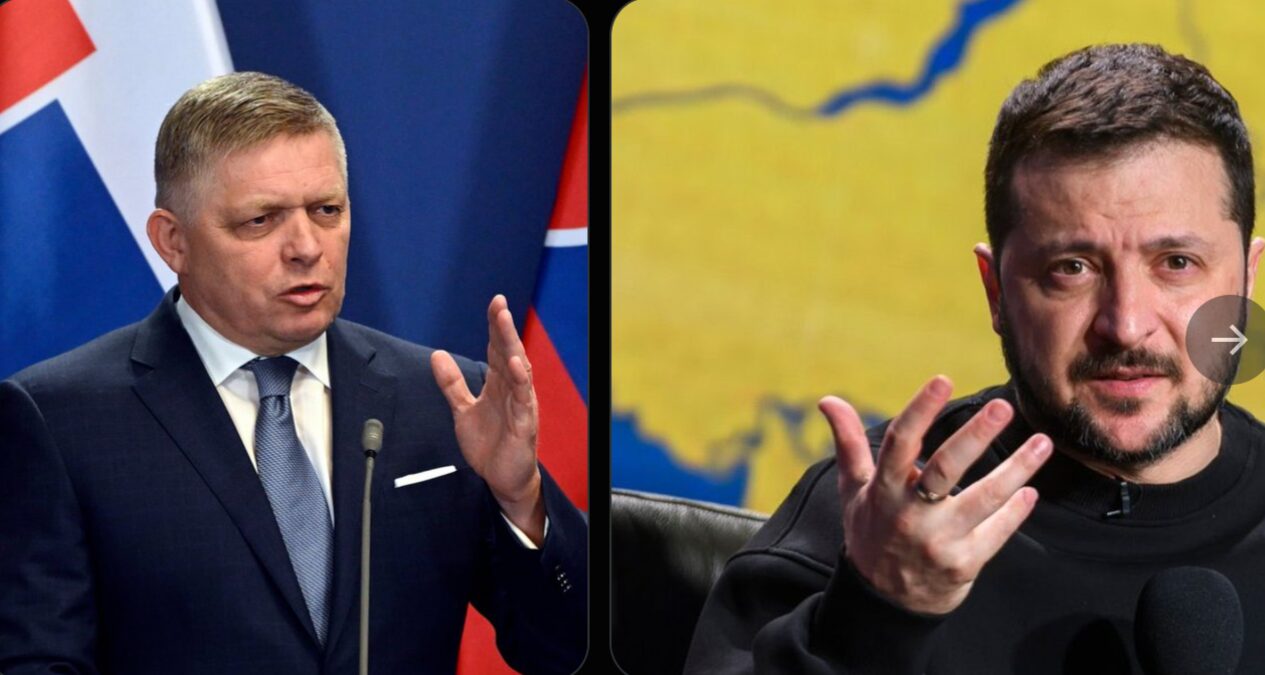

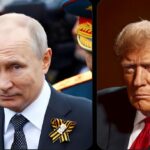
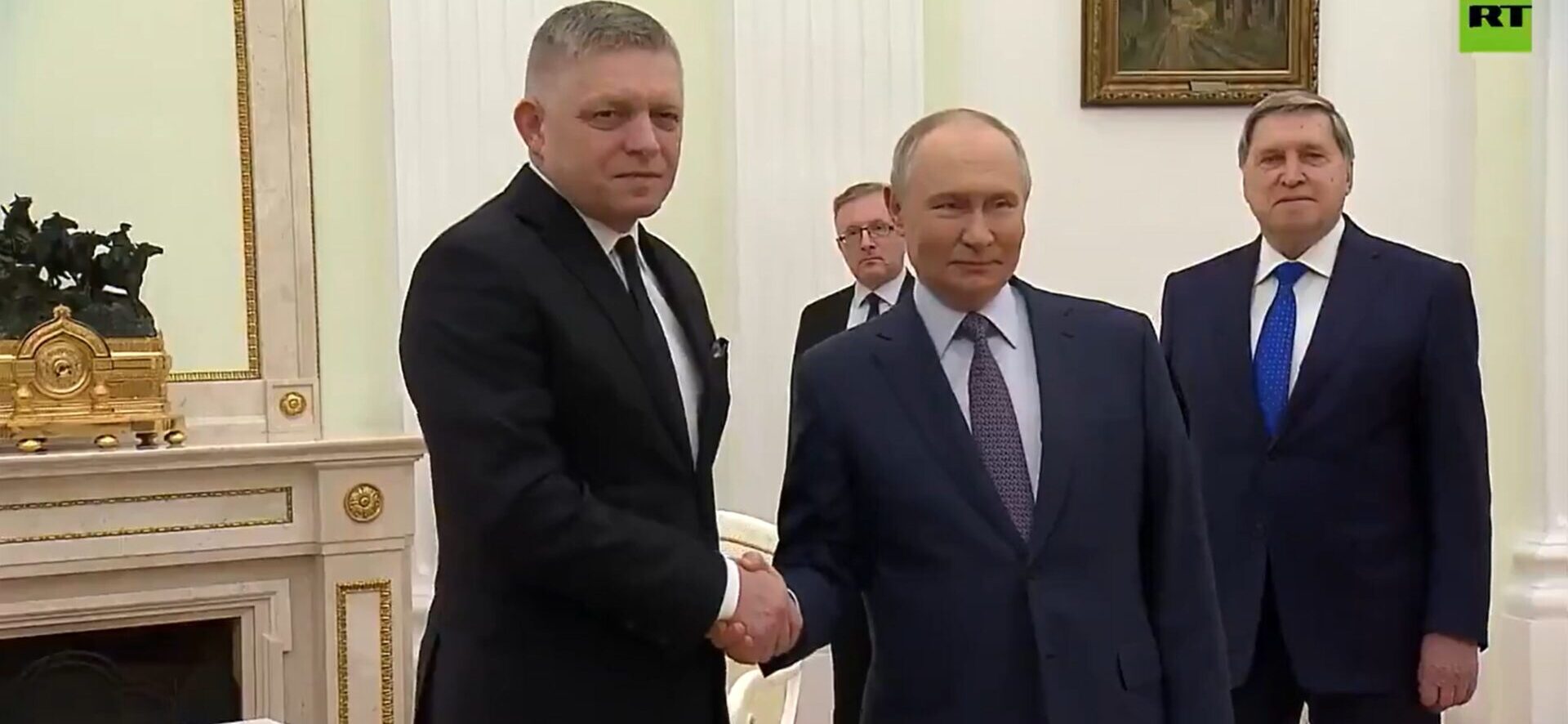

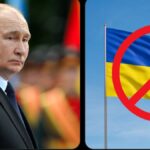

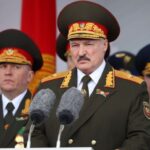









Post Comment